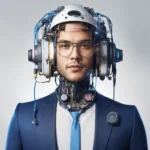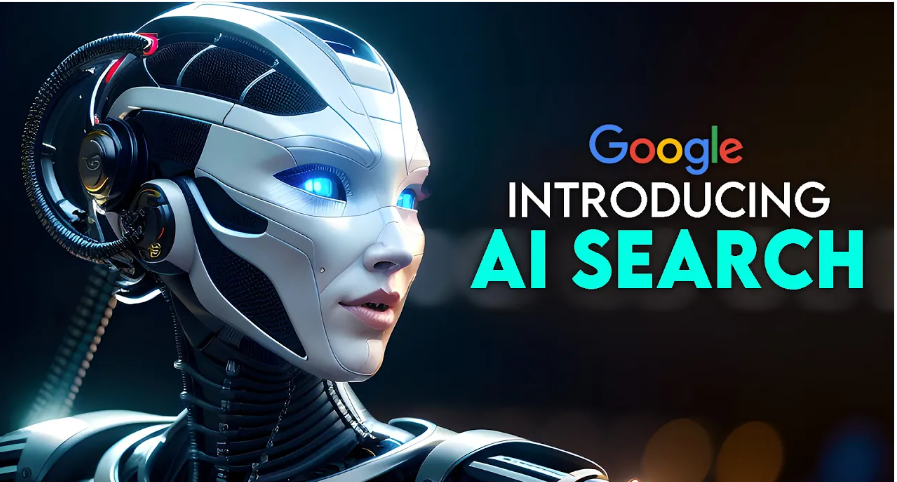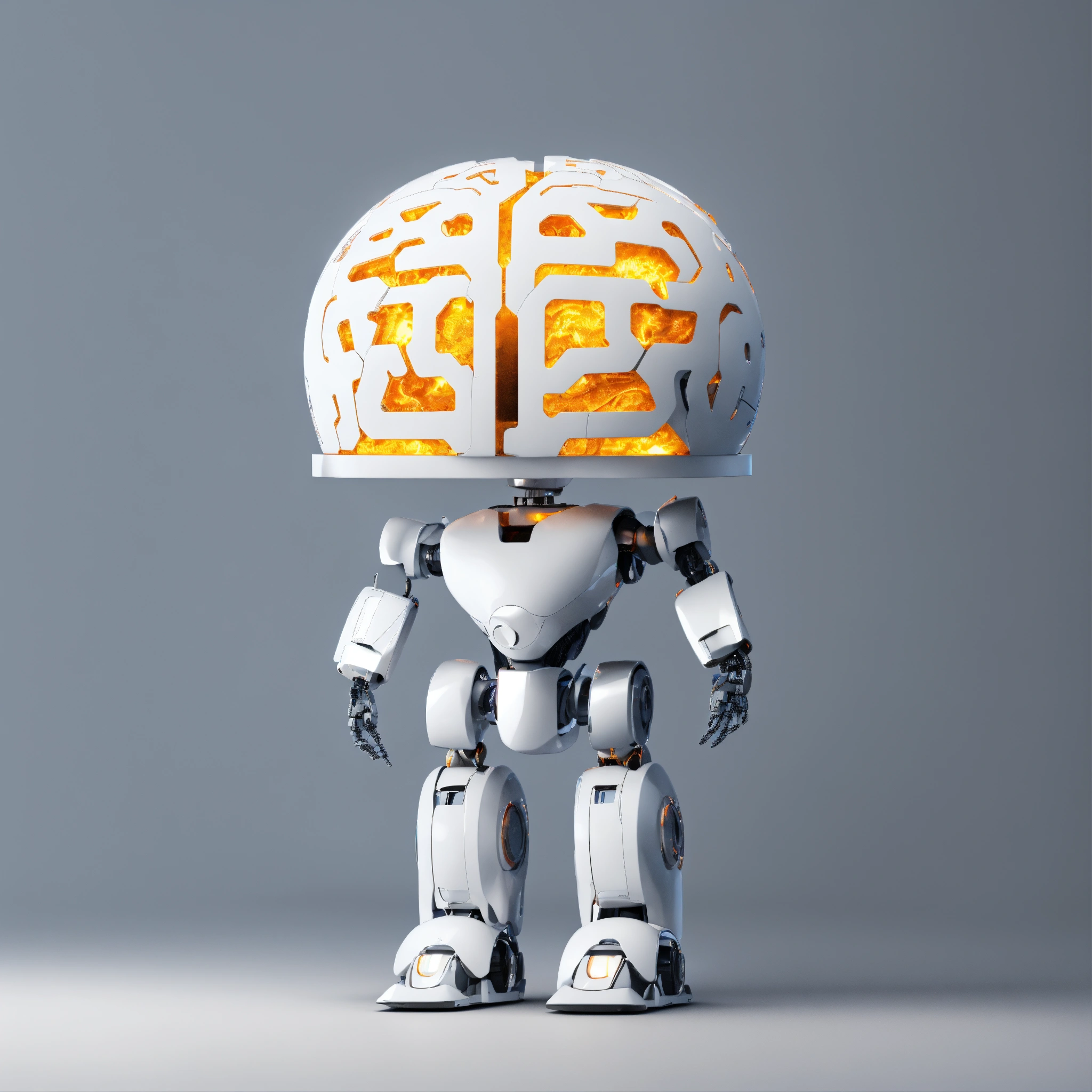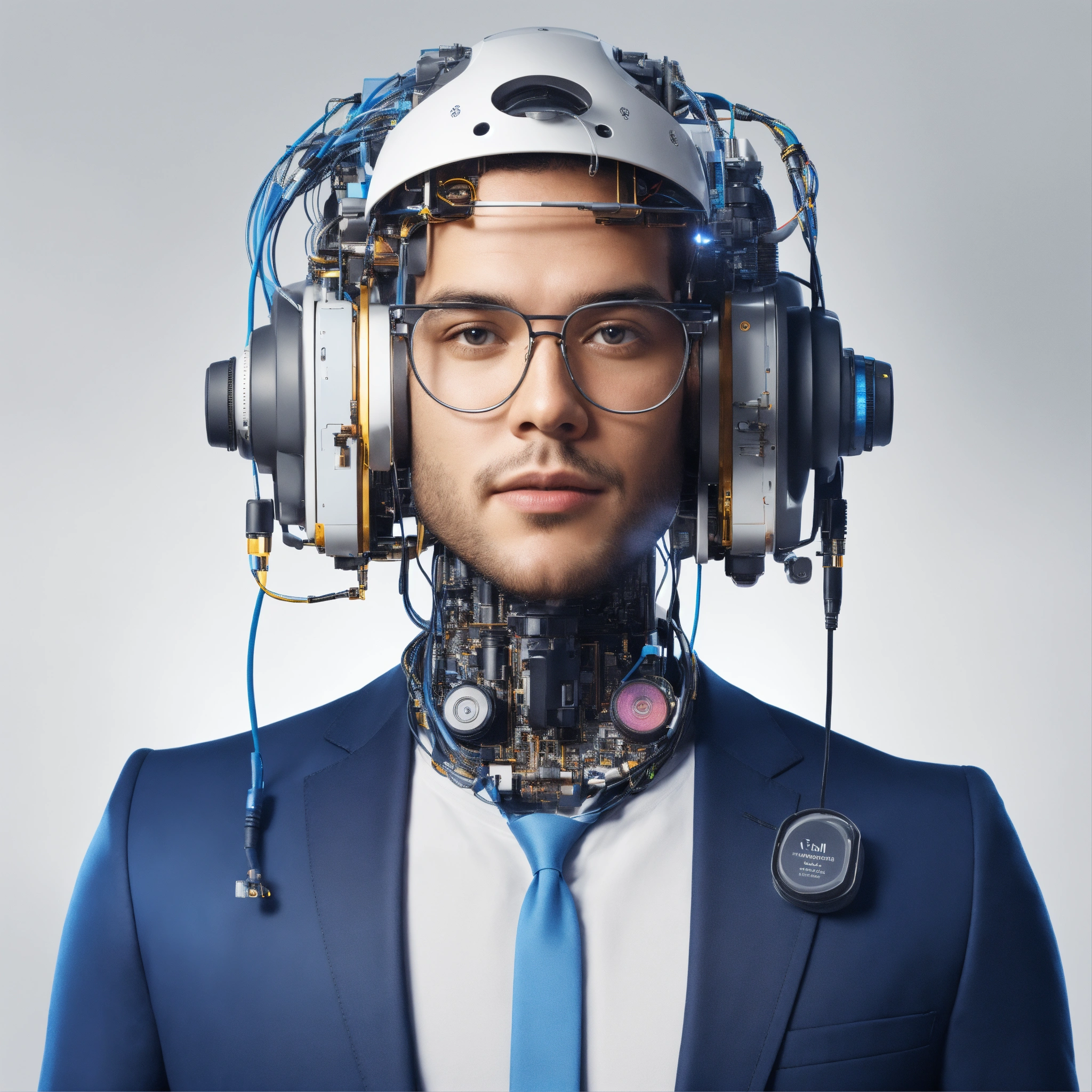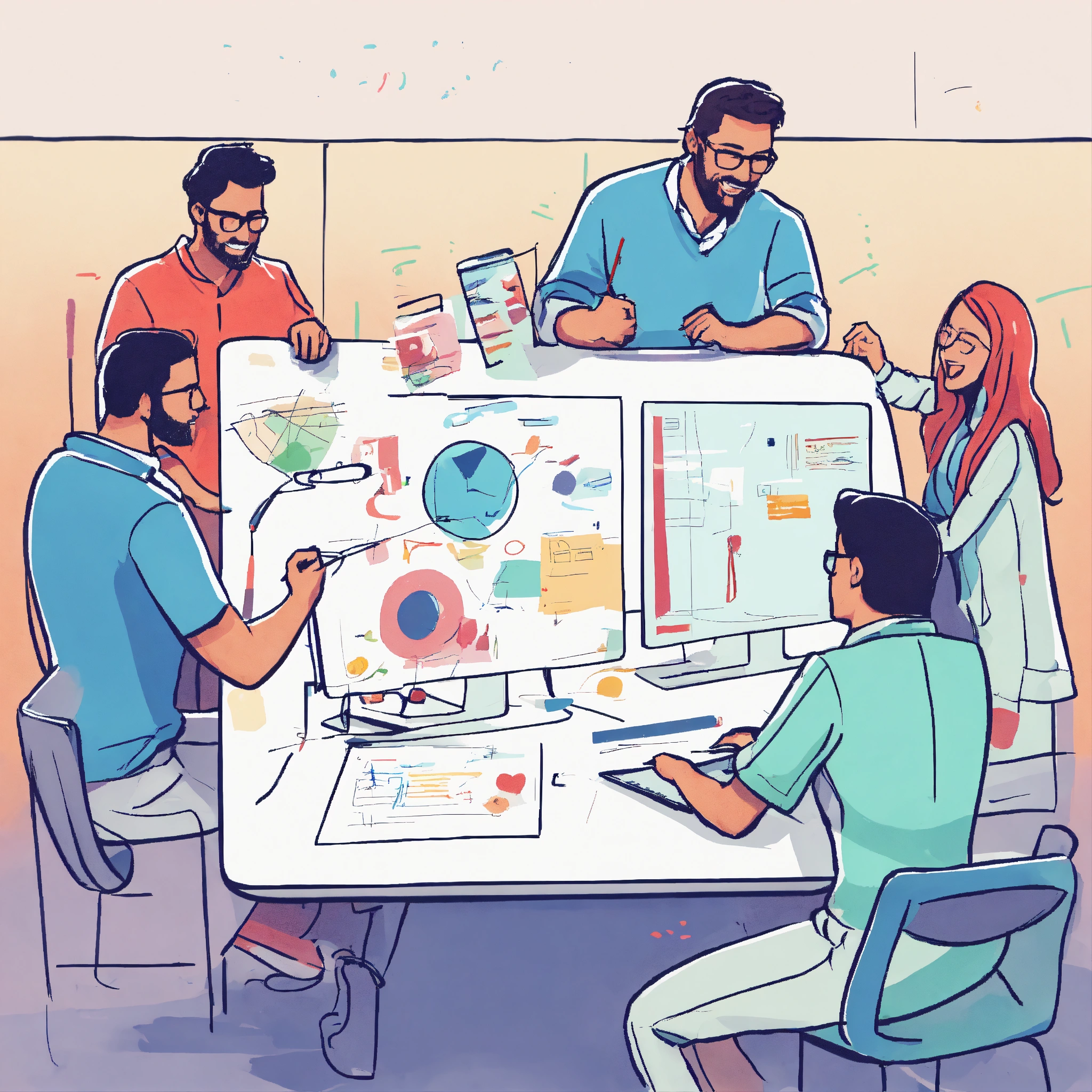Artificial Intelligence (AI) has been one of the most transformative technologies of the 21st century. As we approach 2025, the evolution of AI promises to bring even more profound and surprising changes.
In this blog post, we will explore what we can expect from the AI market in 2025, including emerging trends, anticipated challenges, and potential impact on different areas.
The evolution of AI until 2025
In recent years, we have seen significant advances in machine learning and deep learning , enabling AI to learn and evolve more effectively. By 2025, these advances are expected to be even more notable, with more sophisticated algorithms capable of processing and interpreting complex data with greater accuracy. This opens the door to new applications and improvements in sectors such as healthcare, finance and manufacturing.
Generative AI , which includes models such as Chat GPT-4 and its successors, will play an increasingly important role. These technologies will enable the creation of high-quality content, including text, images and videos, in an automated way. In the coming year, generative AI is expected to see its application expanded to areas such as marketing, entertainment and education, providing more personalized and immersive experiences.
Furthermore, one of the current challenges of AI is the lack of transparency in its decision-making processes. Therefore, there is expected to be a greater focus on explainable AI (XAI) in 2025, with models developed to be more understandable and transparent. This helps to gain public trust and ensure compliance with ethical and legal regulations.
Emerging AI Trends in 2025

1. Integration of AI with the Internet of Things (IoT)
The integration of AI with the Internet of Things (IoT) will be a dominant trend by 2025. With connected devices generating massive amounts of data, AI will be essential to analyze and interpret this data in real time. This will lead to innovations in areas such as smart cities, precision agriculture, and industrial automation.
2. Intelligent automation
Intelligent automation, powered by AI, will revolutionize the workplace. By 2025, we will see a significant increase in the automation of both routine and complex tasks, allowing workers to focus on higher-value activities. This will profoundly impact industries such as customer service, human resources, and supply chain management.
3. AI in healthcare
AI will have a transformative impact on healthcare. In the coming year, AI is expected to be widely used for medical diagnostics, predicting disease outbreaks, and personalizing treatments. Advanced algorithms will help doctors make more informed and accurate decisions, improving patient outcomes and reducing healthcare costs.
4. Ethics and regulation
As AI usage grows, ethical and regulatory issues will become more prominent. As such, it is anticipated that there will be a greater effort by 2025 to develop guidelines and regulations that ensure the responsible and ethical use of AI. This will include measures to protect data privacy, prevent algorithmic discrimination, and ensure transparency in automated decisions.
Possible challenges for the AI market
As data collection to feed AI algorithms increases, privacy concerns will only increase. By 2025, it will be critical to develop and implement robust data protection practices to ensure that personal information is used ethically and securely.
AI can perpetuate and even amplify existing biases if not carefully designed and monitored. As such, AI developers will need to be vigilant about algorithmic discrimination and work to create more fair and inclusive models.
While intelligent automation will bring significant benefits, it will also raise concerns about job replacement. It will therefore be essential to strike a balance between automation and the creation of new job opportunities. Reskilling and continuous education will be key to helping workers adapt to new market demands.
How will AI impact different areas in 2025?
- Education: AI promises to transform education by delivering personalized and adaptive learning experiences. Smart classrooms will use AI to identify individual student needs, adapt the curriculum, and provide real-time feedback, resulting in more effective and accessible education.
- Finance: In the financial sector, AI will revolutionize risk management, fraud detection, and the personalization of financial services. In the coming years, AI algorithms will enable more accurate analysis of financial markets, improving decision-making and increasing efficiency.
- Retail: AI will play a role in the retail industry, providing more personalized and efficient shopping experiences. Retailers will use AI to analyze consumer behavior, optimize inventory management, and create highly targeted marketing campaigns.
- Transportation: AI will also play a key role in the evolution of transportation, from autonomous vehicles to intelligent traffic management systems. By 2025, autonomous vehicles are expected to become a more common reality, improving traffic safety and efficiency.
- Energy: In the energy sector, AI will help optimize energy production and consumption. Smart grids will use AI to manage energy distribution more efficiently, reduce waste, and integrate renewable energy sources.
Conclusion
In the coming year, the AI market promises to evolve and bring significant benefits to various sectors. However, we will also face considerable challenges that will need to be addressed ethically and responsibly. With the continued advancement of technology and collaboration between governments, businesses and society, AI has the potential to positively transform our lives and our future.
Therefore, by preparing for these changes, we can seize the opportunities that AI brings and mitigate the associated risks, building a more innovative and inclusive future. Finally, if you want to better understand how AI impacts the technology market and can help your company, access our content .
FAQ
1. What is Machine Learning?
Machine Learning (ML) is a field of AI that involves developing algorithms and models that allow computers to make predictions or decisions based on experience gained from data.
2. What are smart grids?
Smart grids are advanced electrical systems that use digital technology to monitor and manage electricity distribution efficiently. They integrate real-time information on energy consumption and production, enabling better coordination between suppliers and consumers, reducing waste and facilitating the integration of renewable energy sources.
3. Where does the Internet of Things (IoT) apply?
The Internet of Things (IoT) applies to several areas, including:
Homes: home automation, home security and energy management.
Smart cities: traffic monitoring, public lighting and waste management.
Industry: predictive maintenance, process automation and equipment condition monitoring.




